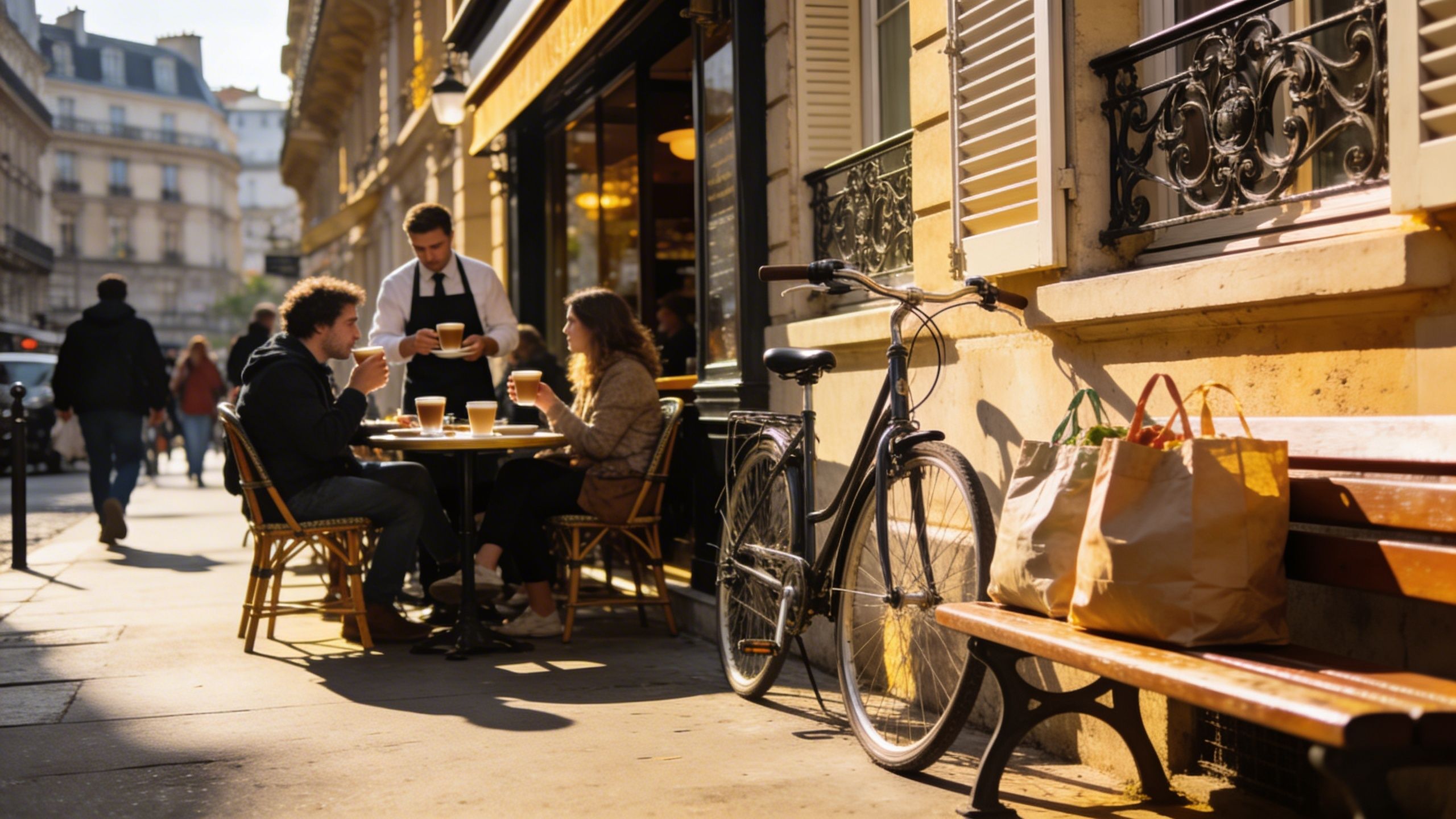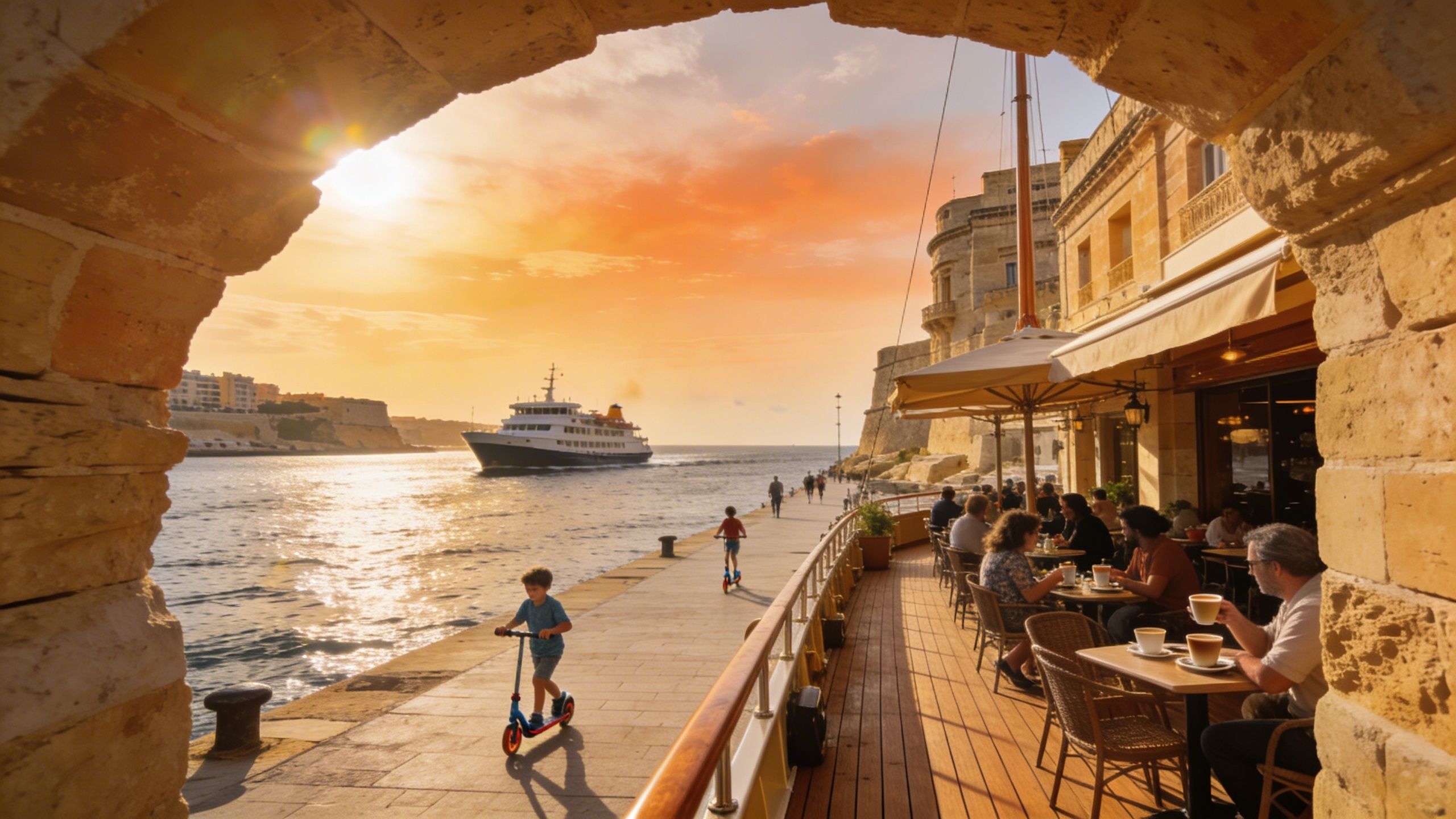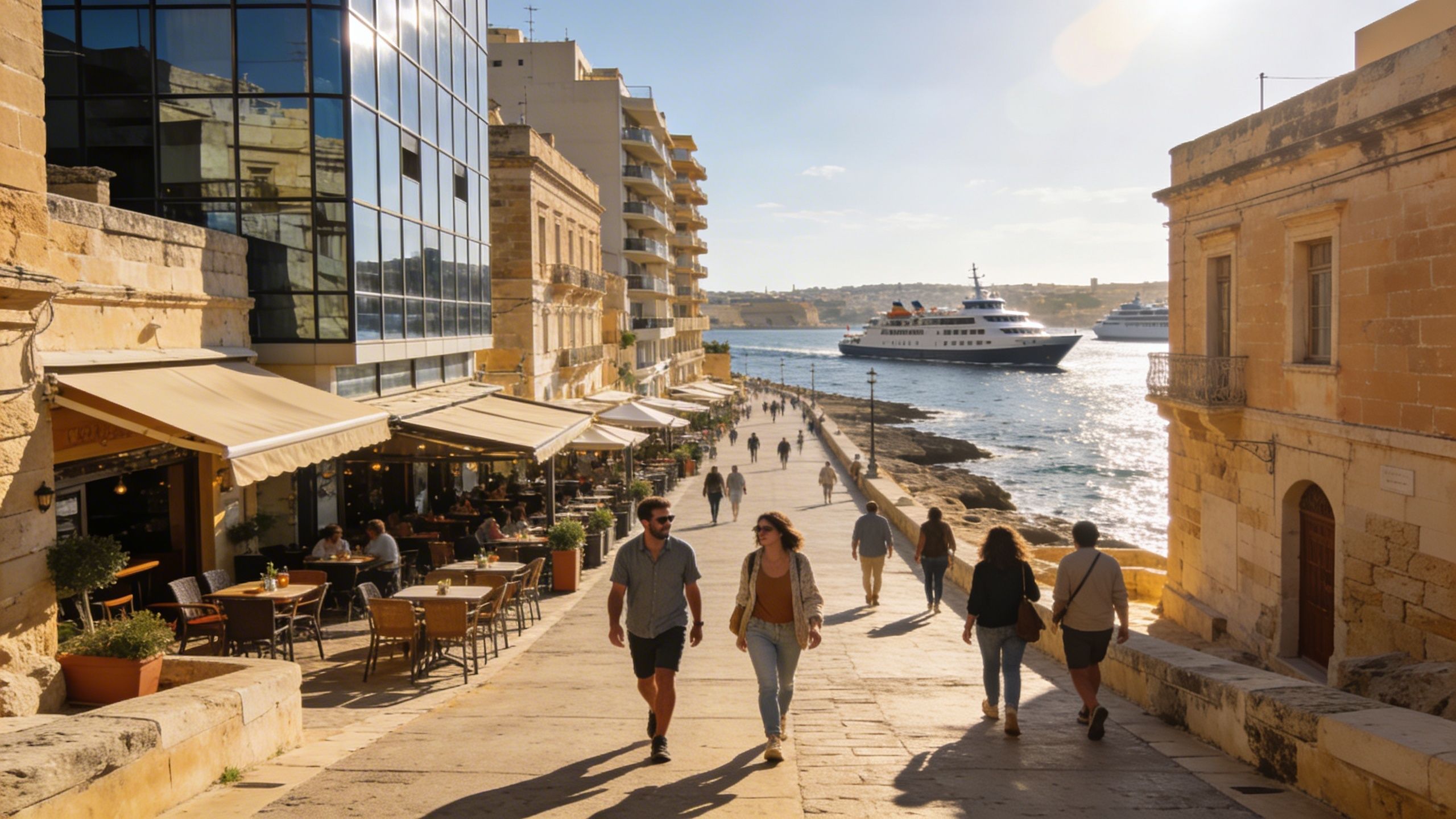Fall in Love, Then Verify: Croatia’s Transparency Shift
Croatia’s charm hides shifting rules: recent taxes and short‑term rental controls change yields and transparency — love the place, then verify municipal permissions and registry title.
Imagine sipping espresso under plane trees in Split’s Varoš, then walking five minutes to a stony cove where locals swim. Croatia lives in textures: limestone streets, harbour light, markets that close at two and reopen at five. For international buyers the romance is real — and so are the policy shifts that quietly change value.
Living the Croatian life: what you actually buy into
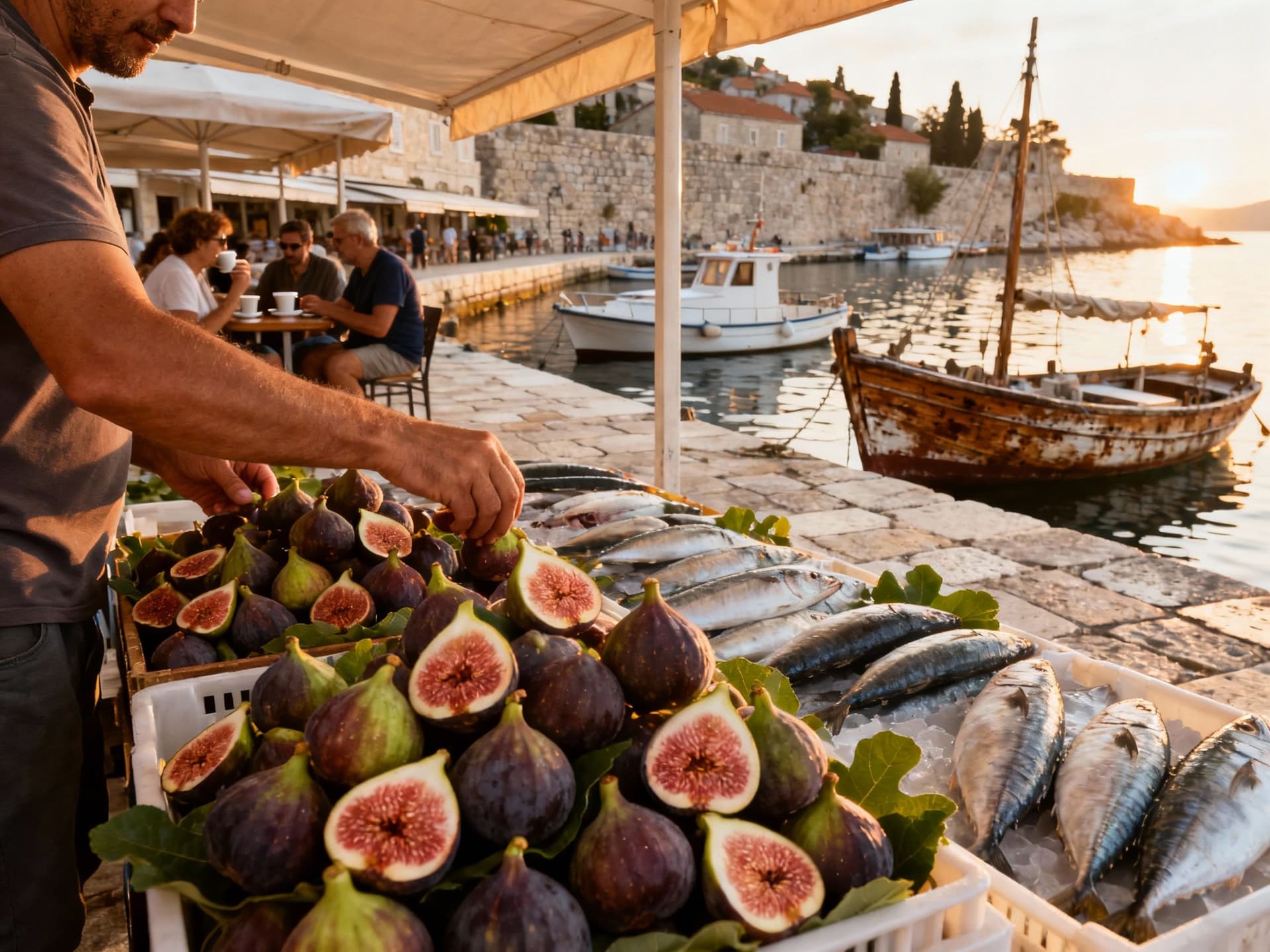
Daily life ranges from slow coastal rituals to brisk inland routines. In Istria you’ll find weekend farmers’ markets in Poreč and espresso bars full of retirees discussing olive yields. On Hvar and Brač summers are social and loud; autumn and winter reveal quieter, more local rhythms and better negotiating power for buyers.
Dalmatian neighbourhoods: Varoš, Gornji Grad, Gruž
Varoš (Split) smells of espresso and sea salt; narrow alleys and stone houses attract buyers craving an immediate sense of place. Gornji Grad (Zagreb’s upper town) offers quiet squares and civic life. In Dubrovnik’s Gruž port the rhythm is practical — ferries, markets, arrivals — and properties here are often more functional than glamorous.
Food, markets and weekending like a local
Picture Saturday at Dolac market in Zagreb, crates of figs and fresh cheese; or a Sunday lunch at Konoba Mate near Bol with slow-cooked lamb. These rituals shape where buyers choose to live: proximity to a market, a good bakery or a sheltered promenade matters more than headline views.
- Lifestyle highlights: Dolac market (Zagreb); Varoš alleys (Split); Konoba Mate (Bol); Little Bay beach (Vis); Hvar town promenades; local olive oil producers in Istria
Making the move: practical considerations that affect lifestyle value
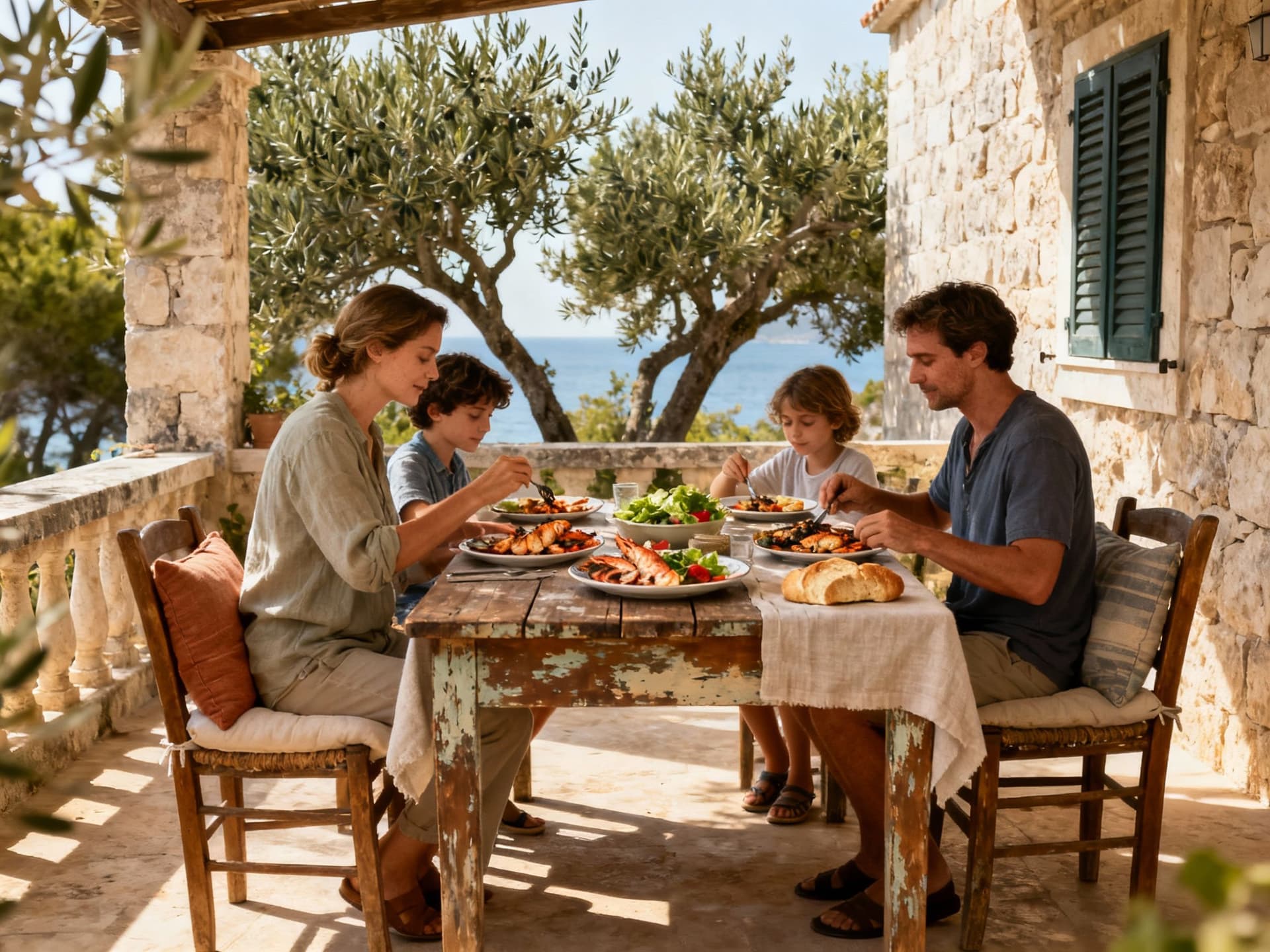
The headline lifestyle — sea, markets, social cafés — meets a shifting policy backdrop. Croatia introduced proposals in 2024–25 to raise levies on holiday homes and tighten controls on short-term lets. Those changes alter rental yields, carrying costs and what counts as a transparent investment.
Property types and what they mean for daily life
A stone village house gives you authenticity and lower running costs but needs careful legal checks for permitted use. A seaside apartment near Split’s Riva saves on commuting and ties you to tourist season dynamics. New-build coastal villas offer modern comforts but higher taxes and utility expectations.
How local transparency rules alter the buyer checklist
- Steps that blend lifestyle and due diligence: 1) Verify permitted use (holiday rental vs. residential). 2) Check municipality rules and recent council decisions on tourist licences. 3) Ask for tax history and recent tourist‑use declarations. 4) Confirm cadastral / land-register title and any unresolved legalisation issues.
Insider knowledge: the red flags expats often miss
Expats fall for tactile charms — terrace, sea view, stone floor — and overlook governance risk. Recent policy moves show municipalities can change fees or close new tourist licences quickly. That affects cash flows and the character of neighbourhoods. Treat local planning decisions as market signals, not anomalies.
Common red flags and how to interrogate them
- Seller claims of “registered tourist licence” without documents; properties with informal extensions or terraces not on the land registry; unusually high recent rental yields that rely on unfettered short‑term lets; properties with unresolved utilities or septic approvals.
Practical checklist before you sign
- 1) Demand an extract from the land register and confirm boundaries with the cadastre. 2) Request copies of recent tourist tax declarations or rental permits. 3) Get a municipal planning statement (potvrda). 4) Insist on a written statement about any ongoing legalisation or amnesty procedures.
These steps protect both lifestyle expectations and financial reality. A terrace that looks permanent may be an unapproved structure that a new council can require to be removed; a village house without proper connections can mean months of renovation before comfortable living.
How to work with local experts without losing control
Agencies are your translators of neighbourhood life and municipal practice. Choose advisers who demonstrate recent, documentable experience in the particular municipality and who can show comparable transactions. Ask for references from buyers who purchased in the last 12–24 months.
Questions to ask local agents and lawyers
- 1) Which municipal decisions in the past 18 months affected tourist licences? 2) Can you show three comparable sales with public registry extracts? 3) How do you handle unregistered renovations? 4) What are current local charges or proposed property levies?
A pragmatic negotiation tip
If a seller markets yield based on short-term lets, make an offer that reflects a 20–30% haircut for regulatory risk — and put the offer conditional on documented tourist‑use rights. That preserves negotiation room while signalling you understand the local transparency issues.
Long-term owners who live the Croatian rhythm adapt: they buy for seasons, community and maintenance ease rather than headline yields. If your aim is life more than leveraged returns, prioritise neighbourhood routine over views. If income matters, budget for regulatory change and higher compliance costs.
Conclusion: Fall in love, then verify
Croatia’s daily life is persuasive: markets, seas and neighbourhood rituals. But recent policy changes around property taxation and short‑term lets are not distant footnotes; they reshape what counts as transparent value. Love the place first. Then verify municipal permissions, registry entries and tourist‑use history. When lifestyle and documentation align, the purchase becomes both joyful and defensible.
Norwegian market analyst who serves Nordic buyers with transparent pricing and risk assessment. Specializes in residency rules and tax implications.
